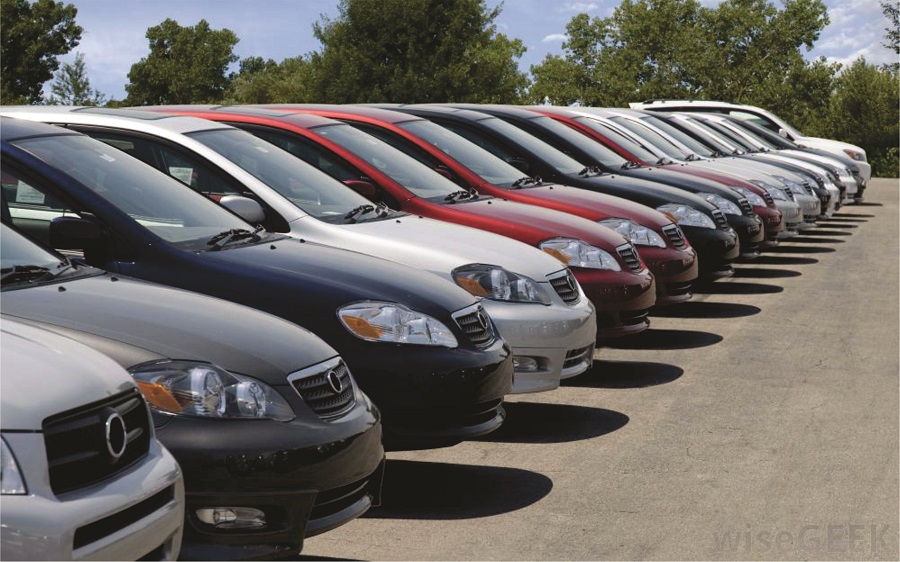Transportation is a fundamental pillar of economic growth and social mobility. Yet, in Nigeria, the rising cost of transportation has become a significant burden for individuals and businesses alike. At the heart of this challenge lies the country’s high import duties on cars, which have far-reaching implications for affordability, accessibility, and the overall efficiency of the transport system.
Nigeria’s import duties on vehicles are among the highest in the world, with tariffs ranging from 20 per cent to 70 per cent depending on the type and age of the car. These policies, designed to encourage local manufacturing under the National Automotive Policy, have inadvertently created a cascade of economic challenges. While the intent to boost domestic production is commendable, the reality is that the local automotive industry remains underdeveloped, with limited capacity to meet the demand for affordable and reliable vehicles.
The immediate consequence of these high import duties is the inflated cost of cars, making vehicle ownership a luxury rather than a necessity for many Nigerians. For businesses that rely on transportation, such as logistics companies and ride-hailing services, the increased cost of acquiring vehicles translates directly into higher operational expenses. These costs are inevitably passed on to consumers, driving up transportation fares and the prices of goods and services.
Public transportation systems, already strained and insufficient to meet the needs of Nigeria’s growing population, have also been affected. Commercial vehicle operators struggle to afford newer, more efficient vehicles, often resorting to using outdated and poorly maintained cars. This not only impacts the quality and safety of public transport but also contributes to environmental pollution through increased emissions from older vehicles.
“The high cost of importing vehicles has made it difficult for us to expand our fleet,” said Adewale Omotosho, a Lagos-based transport operator. “We are forced to charge higher fares just to stay in business, but this makes transportation unaffordable for many of our customers.”
For the average Nigerian, the rising cost of transportation exacerbates the already high cost of living. Workers and students face increased financial pressure as commuting expenses consume a larger portion of their income. In rural areas, where transportation infrastructure is even more limited, the high cost of vehicles further isolates communities, hindering access to markets, healthcare, and education.
The government’s efforts to protect and promote local vehicle production have yielded limited results. Companies like Innoson Vehicle Manufacturing have made commendable strides, but their production capacity and affordability do not yet meet the demands of the vast Nigerian market. Without significant investment in local manufacturing and incentives to lower production costs, the reliance on imported vehicles will persist, and the high tariffs will continue to hurt consumers and businesses.
A more balanced approach is urgently needed. Reducing import duties on vehicles, particularly used cars, could alleviate transportation costs in the short term while the government works to strengthen the local automotive industry. Providing tax breaks and subsidies for domestic manufacturers could also accelerate the production of affordable cars, creating a win-win scenario for both consumers and the economy.
Additionally, investing in public transportation infrastructure is critical to reducing dependence on private vehicles. Expanding rail networks, modernising bus systems, and introducing innovative solutions like electric vehicles can offer Nigerians cost-effective and sustainable transportation alternatives.
Transportation is the lifeblood of any economy. Ensuring its affordability and efficiency requires policies that reflect the realities of the Nigerian market while fostering long-term growth. By addressing the unintended consequences of high import duties on cars, the government can ease the burden on millions of Nigerians and pave the way for a more accessible and equitable transportation system.





